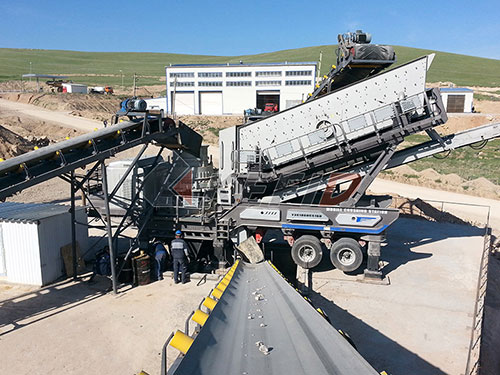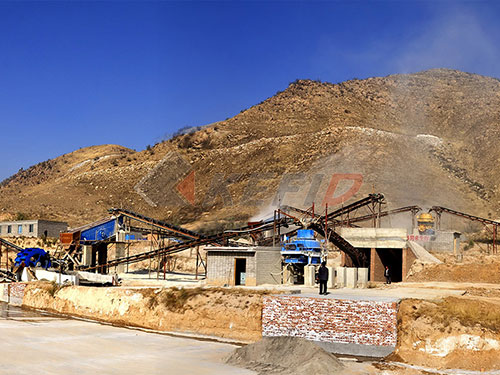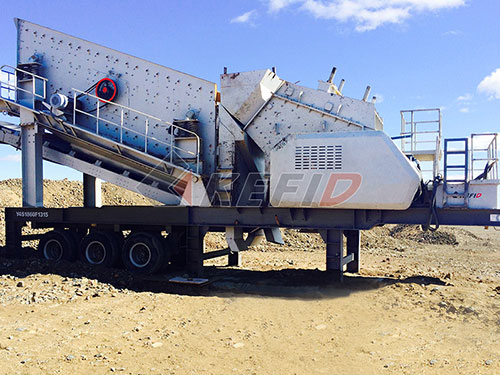Navigating the Market: A Comprehensive Guide to Cone Crusher Price & Availability

The cone crusher remains an indispensable workhorse in the aggregate production, mining, and recycling industries worldwide. Its ability to efficiently reduce large rocks into precisely sized aggregates makes it critical for producing construction materials like concrete and asphalt, as well as processing various ores and minerals. However, acquiring one of these vital machines involves navigating a complex landscape of pricing variables and fluctuating availability. Understanding these factors is paramount for making informed capital investment decisions that align with project timelines and budgets.
Understanding Cone Crusher Pricing: It’s More Than Just a Sticker Price
Assigning a single “price” to a cone crusher is impossible due to the sheer number of variables involved. Prices can range dramatically from tens of thousands for smaller secondary units to well over a million dollars USD for large, high-capacity primary machines equipped with advanced features.
Factors Influencing Cone Crusher Price:
1. Size & Capacity: This is fundamental. Larger crushers designed for primary crushing duties with high tonnage throughput capacities command significantly higher prices than smaller secondary or tertiary units.
2. Technology & Features:
Basic vs. Advanced: Simple spring-type cone crushers are generally less expensive than modern hydraulic models offering advanced features.
Automation & Intelligence: Crushers equipped with sophisticated automation systems (like ASRi™ by Sandvik or Omnicone® by Metso Outotec), real-time monitoring sensors (pressure, temperature, power draw), remote operation capabilities, and integrated control systems carry a substantial premium.

Adjustment Mechanism: Hydraulic adjustment systems offer greater speed and precision compared to manual systems but add cost.
Chamber Design: Different chamber profiles optimized for specific applications (fine crushing vs. coarse crushing) can influence design complexity and cost.
3. Brand Reputation & Support:
Tier 1 OEMs (Original Equipment Manufacturers): Established global brands like Metso Outotec, Sandvik Rock Processing Solutions (formerly Sandvik Mining & Rock Technology), Terex MPS (Cedarapids), FLSmidth (KREBS® gyratory cones), Thyssenkrupp Industrial Solutions command premium prices based on decades of R&D investment, proven reliability in demanding conditions, extensive global service networks offering parts availability and technical expertise.
Tier 2/Regional OEMs: Often offer competitive pricing while maintaining good quality standards; popular

Leave a Reply